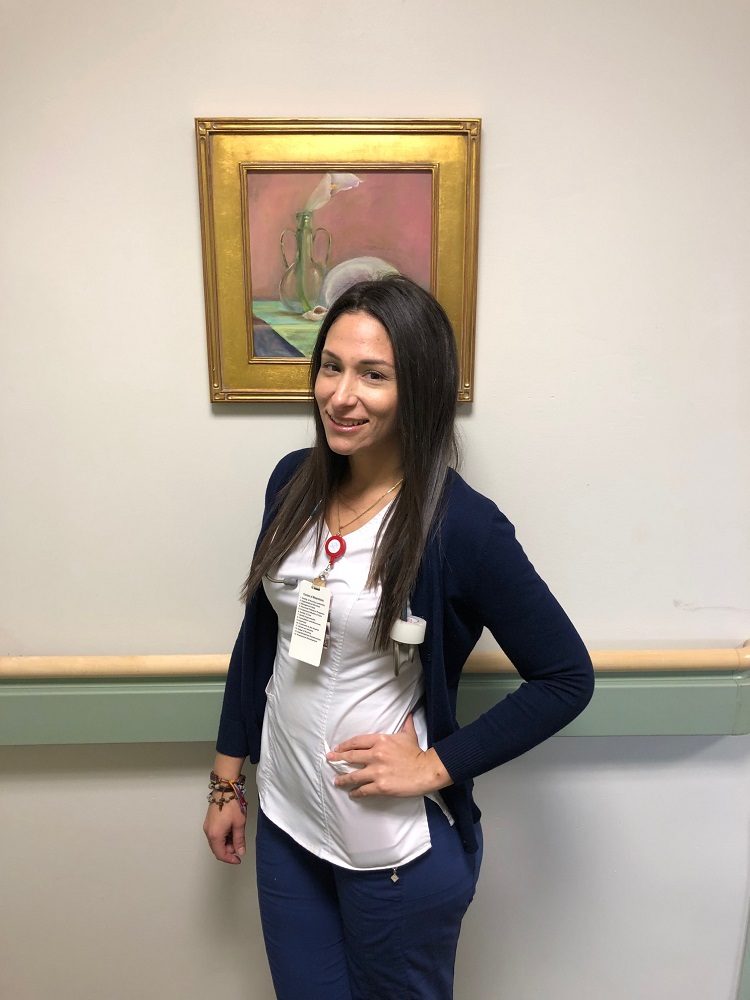Antisocial personality disorder (ASPD) is a mental condition where an individual consistently displays no regard for right from wrong and is indifferent to the feelings of others.

In some cases, those with ASPD can appear witty, charming, and generally fun to be around, but they may also lie, antagonize, manipulate, or exploit others and not feel guilty about the consequences of their actions. They may also act destructively without regard for the law, or for their safety of the safety of others.
Modern diagnostic systems consider ASPD to include two related but not identical conditions:
A “psychopath” is someone whose hurtful actions toward others tend to reflect calculation, manipulation and cunning; they also tend not to feel emotion and mimic (rather than experience) empathy for others. They can be deceptively charismatic and charming.
By contrast, a “sociopath” has more of an ability to form attachments to others but still disregards social rules; they tend to be more impulsive, haphazard, and easily agitated than people with psychopathy.
People with ASPD may often do the following:
- Lie, con, and exploit others
- Act rashly
- Be angry, vain, and aggressive
- Fight or assault other people
- Break the law
- Not care about the safety of others or themselves
- Not show signs of remorse after hurting someone else
- Fail to meet money, work, or social duties
- Abuse drugs or alcohol
ASPD is uncommon, affecting less than 1% of the population. It affects men more than women. While there is no direct cause of ASPD, genetics is considered a possible factor, as is exposure to a traumatic or abusive atmosphere as a child. Brain defects and injuries during developmental years may also be linked to ASPD.
A diagnosis of ASPD cannot be made until age 18, though to be identified as having the disorder a person would have to have shown symptoms before age 15. Symptoms of ASPD are usually at their worst during a person’s late teenage years and in their 20s, but may improve on their own over time.
Unfortunately, many people with ASPD don’t seek help for the condition because they don’t believe they need assistance, but for those seeking treatment for ASPD, participation in either individual or group therapy has proven to be beneficial. A mental health professional may also prescribe certain psychiatric medications like mood stabilizers or some atypical antipsychotics to treat symptoms like impulsive aggression.
If someone close to you has ASPD, consider seeking help for the disorder from a mental health professional. To make an appointment at the mental health clinic at xx Hospital, please call 718-670-5562.
All content of this newsletter is intended for general information purposes only and is not intended or implied to be a substitute for professional medical advice, diagnosis or treatment. Please consult a medical professional before adopting any of the suggestions on this page. You must never disregard professional medical advice or delay seeking medical treatment based upon any content of this newsletter. PROMPTLY CONSULT YOUR PHYSICIAN OR CALL 911 IF YOU BELIEVE YOU HAVE A MEDICAL EMERGENCY.




